
As the IIoT continues to grow in the industrial sector, businesses face a number of obstacles to integrating its solutions. Learn about these challenges as well…
As the IIoT continues to grow in the industrial sector, businesses face a number of obstacles to integrating its solutions. Learn about these challenges as well as some potential solutions.
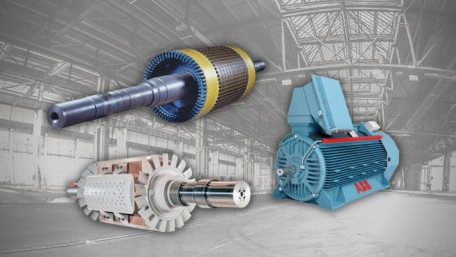
In this article, we will take a look at the differences between synchronous and induction motors, as well as the two…
In this article, we will take a look at the differences between synchronous and induction motors, as well as the two types of induction motors: squirrel cage and wound rotor.
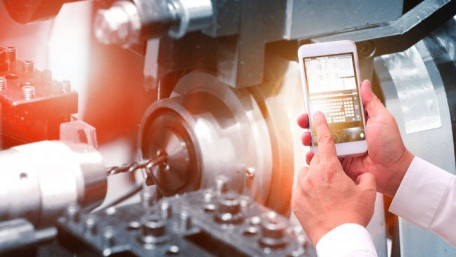
Remote locations are notoriously difficult to supply power, yet they are the exact locations where many data points must…
Remote locations are notoriously difficult to supply power, yet they are the exact locations where many data points must be collected. How can IoT devices be designed to conserve power to last for months or even years?

Learn about the four IIoT architecture layers: perception, network, processing, and application, and how these layers…
Learn about the four IIoT architecture layers: perception, network, processing, and application, and how these layers are necessary to implement IIoT in an industrial setting to benefit varying processes.
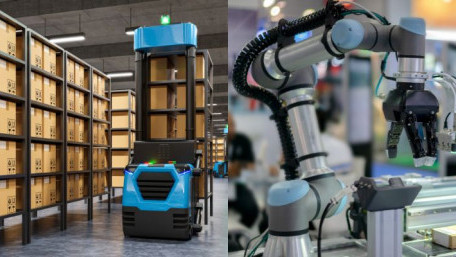
Robots are no longer unanimously just "robots"—there are specific tasks and functionality of each kind. Learn about the…
Robots are no longer unanimously just "robots"—there are specific tasks and functionality of each kind. Learn about the technology differences between fixed-location robots and mobile robots and why no one robot is like another.
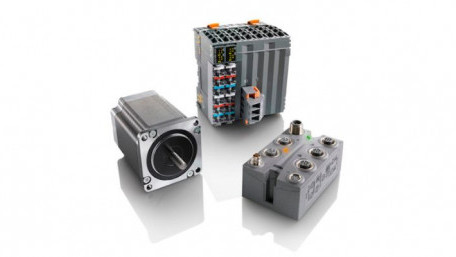
B&R is a control system manufacturer less heard of than some of its bigger competitors, Rockwell and Siemens, however…
B&R is a control system manufacturer less heard of than some of its bigger competitors, Rockwell and Siemens, however their PLCs, lineup of motors, and product offerings with Automation Studio make B&R a leader in industrial innovation.
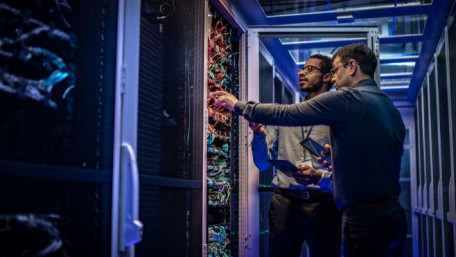
Software distribution models have historically been on premises, however, as industry has become more digital,…
Software distribution models have historically been on premises, however, as industry has become more digital, cloud-based solutions have become increasingly popular, including SaaS and its variants, IaaS and PaaS.
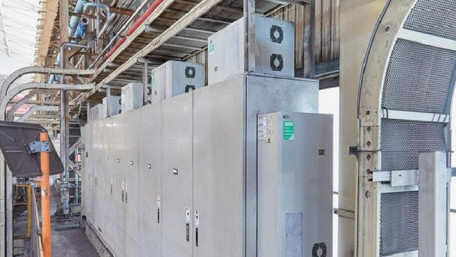
Any machine can become a source of elevated temperature, even under regular operation. We cannot assume that temperature…
Any machine can become a source of elevated temperature, even under regular operation. We cannot assume that temperature problems occur only based on climate conditions, and mitigation steps must be employed.
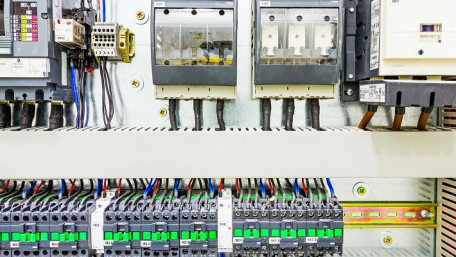
When selecting the right module for the right load, be sure to understand how the load resistance will affect the voltage…
When selecting the right module for the right load, be sure to understand how the load resistance will affect the voltage and current of the output module terminals.
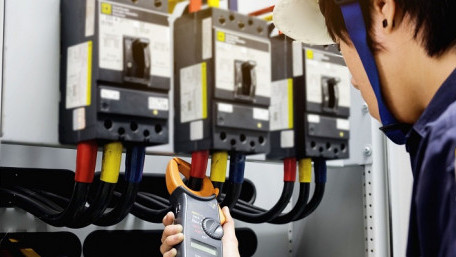
The diverse power terms in electrical generation systems include active, reactive, and apparent power, all of which lead…
The diverse power terms in electrical generation systems include active, reactive, and apparent power, all of which lead to the introduction of ‘power factor’ effectiveness in an AC circuit.
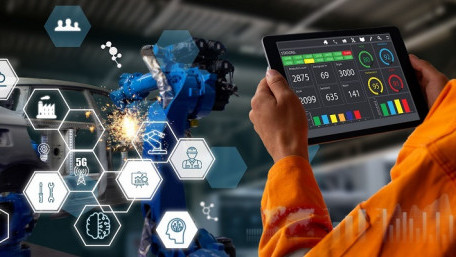
Over the last decade, cloud service providers have improved technology, particularly data security and integrity. These…
Over the last decade, cloud service providers have improved technology, particularly data security and integrity. These remain the top concern of many manufacturing businesses, but as improvements are rolled out, more and more companies are adopting cloud solutions.
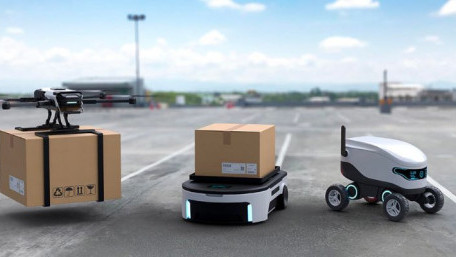
Mobile robot work cells can move between workstations and tend to where demand is highest. These self-contained work…
Mobile robot work cells can move between workstations and tend to where demand is highest. These self-contained work cells offer more flexibility for manufacturers than industrial and collaborative robot cells we have previously talked about.

As summer heat continues to scorch the northern hemisphere, manufacturers face potential equipment damage and downtime.…
As summer heat continues to scorch the northern hemisphere, manufacturers face potential equipment damage and downtime. Learn about the ways extreme heat can damage automated equipment and systems.
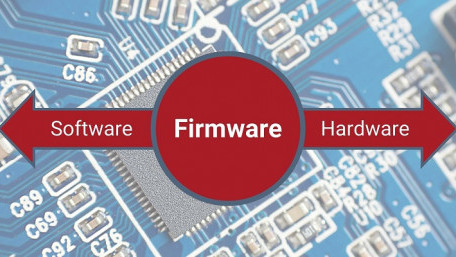
Inside a controller, code is interpreted into the binary signals that influence input and output signals, flags and…
Inside a controller, code is interpreted into the binary signals that influence input and output signals, flags and registers, and even the communication of network signals. This is the job of firmware.
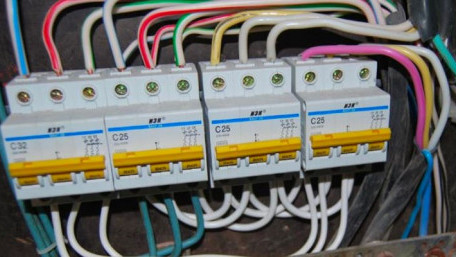
Fuses and breakers are some of the most common safeguards to prevent electrical shock and fires. Learn about these two…
Fuses and breakers are some of the most common safeguards to prevent electrical shock and fires. Learn about these two pieces of industrial equipment and the difference between slow blow and quick blow responses.
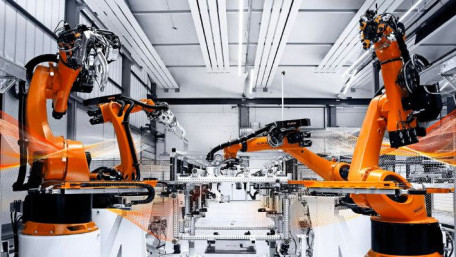
The world of manufacturing is filled with robots, but beginners are still always faced with key questions, starting with…
The world of manufacturing is filled with robots, but beginners are still always faced with key questions, starting with perhaps the most basic: how do you program industrial robots?
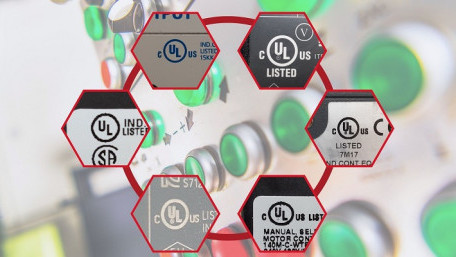
UL Listed devices are certified as safe within North America, specifically, the US. Learn about the importance of UL…
UL Listed devices are certified as safe within North America, specifically, the US. Learn about the importance of UL Certification and the key role it plays in industrial automation.
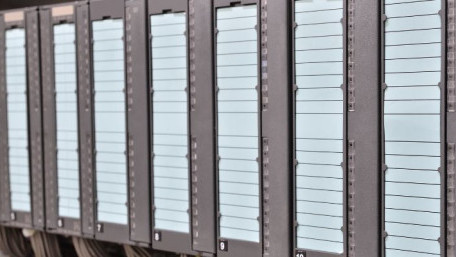
Centralized control systems are often seen as outdated compared to decentralized systems; however, both have their…
Centralized control systems are often seen as outdated compared to decentralized systems; however, both have their advantages and disadvantages when it comes to choosing which one to use in manufacturing.
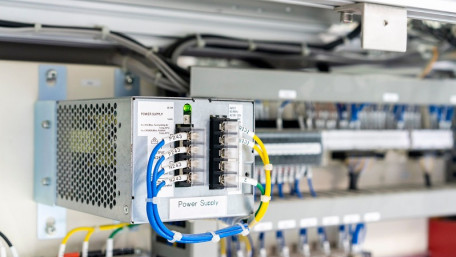
DC voltage systems exist to provide controllers and field devices with stable power, but it is not always clear when…
DC voltage systems exist to provide controllers and field devices with stable power, but it is not always clear when these systems should be bonded with the earth ground of the AC line voltage supply.
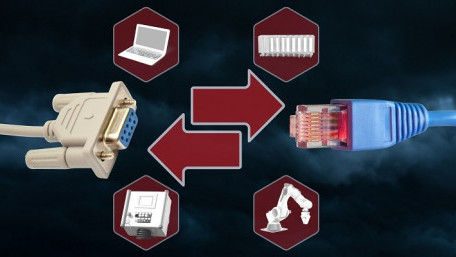
One common challenge when working with legacy control systems is establishing communication with old devices that use old…
One common challenge when working with legacy control systems is establishing communication with old devices that use old protocols like RS232 and RS485. Learn about the importance of converting from serial to Ethernet.
